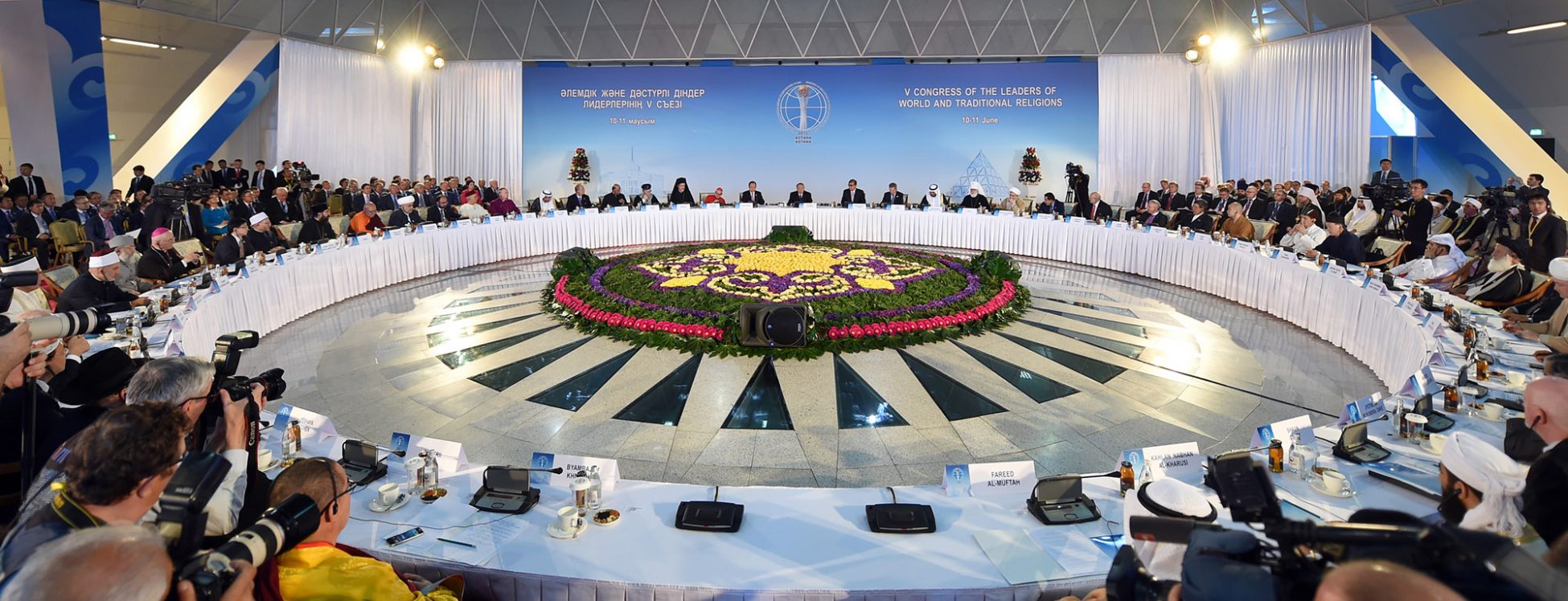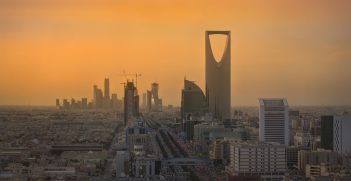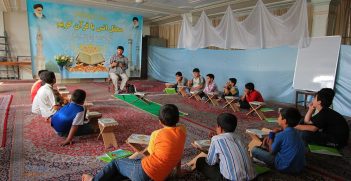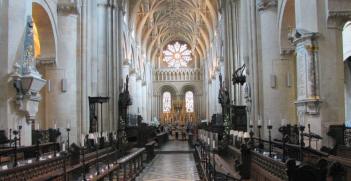Dialogue in a Deeply-Fractured World

Dialogue is needed in international affairs to engage with the other in a common search for truth. Commonality makes dialogue possible while difference makes it essential.
Dialogue across cultural and religious boundaries is not a new idea. Relations between the world’s major cultures and religions, not least between the three Abrahamic faiths, have been marked by ghastly lows. But there have also been high points, including the enormously rich and creative interactions that took place in medieval Islamic Spain and southern Italy, as well as at various times in places as far apart as Central Asia, Baghdad, Delhi, Cairo and in the Ottoman empire.
In our time, two world wars, the horrors of the Holocaust, the advent of the atomic age and, more recently, the continuing tragedies in the Middle East and Afghanistan have all provided renewed impetus to the advocacy of dialogue.
In November 1998, the UN General Assembly, in response to a call by the then Iranian President Mohamad Khatami, adopted the Global Agenda for Dialogue among Civilisations. In 2005, Spain and Turkey launched the idea of an Alliance of Civilisations, which the UN subsequently endorsed. However the initiative, originally designed to address the fault line that separates Occident and Orient, has not lived up to its promise. Diplomatic and bureaucratic wrangling has not helped. Australia itself has been at best a marginal contributor.
Yet, by virtue of its history and geography, Australia has a unique opportunity to weave together the wisdom of diverse traditions, from Indigenous and non-Indigenous Australia, in the country’s cultural and religious diversity and in its proximity to the rich cultural and religious mosaic of Asia.
What does dialogue entail?
At its core, dialogue is the common search for truth. Though participants in dialogue may differ strongly on what the truth might be, they accept the need for truthfulness. Importantly, they acknowledge that no person or group has a monopoly on knowledge or wisdom and that no culture, religious tradition or civilisation holds a monopoly on ethical discourse.
In dialogue there is room for difference as well as commonality. The world’s major ethical traditions share a deep sense of the dignity of human life, a commitment to human fulfilment and a concern for standards of ‘rightness’ in human conduct. This applies to Hinduism, Buddhism, Judaism, Islam, Christianity and other faiths but also to Confucianism, western secular humanism and the traditions of Indigenous peoples.
At the same time important differences exist. Each tradition has its sacred texts, distinctive ethos, symbolism, languages, customs, artistic and intellectual achievements, perspectives on ethical conduct and its own understanding of personal and social relationships. These differences manifest themselves nationally and internationally. The key to dialogue is that it stands to gain from both commonality and difference. Commonality makes dialogue possible, and difference makes it essential.
Diversity is an integral part of the human experience. As the world’s libraries, museums, galleries and concert halls attest, humankind is the custodian of a single, rich and incredibly diverse inheritance.
Dialogue in practice
How then are we to make effective use of this inheritance? Certain key steps hold the key to success. They are as relevant for policy-makers, diplomats, managers, religious leaders and politicians as they are for the individual citizen.
First, to engage in dialogue is not merely to recognise or tolerate difference. It is to engage with the other in a common search for truth. Dialogue can be approached only in a spirit of humility. Participants in dialogue accept that no culture, religion or society has a monopoly on truth.
Second, it is a two-way encounter. To engage in such dialogue requires that we speak, but more importantly that we listen. As former Iranian President Khatami explained in his celebrated address to the University of Florence: “Understanding is the result of speaking and listening … a two-dimensional effort aimed at coming closer to the truth.” So often our leaders and diplomats tell us what they have told their counterparts but rarely what they have heard. Dialogue is an encounter across cultural, religious, philosophical, ethical and civilisational boundaries where each participant listens to the other and becomes open, sensitive and even vulnerable to the other. Dialogue thus becomes a journey of self-discovery as much as a discovery of the ‘other’.
Third, in dialogue each culture, tradition or society has to be prepared to hold itself up to critical examination. Dialogue requires of all its participants profound soul-searching. In the contemporary context this applies with particular force to Christian-Muslim relations, as it does to US-China or Australia-China relations.
Dialogue is no easy undertaking, and nowhere is it more demanding than in situations of conflict or tension. Whether it be the Israeli-Palestinian conflict, the Christian-Muslim divide, Sino-Australian relations or the gap separating Indigenous and non-Indigenous Australians, dialogue calls for empathy. Long-held fears and suspicions are revisited both by those who have unleashed and those who have suffered from past violence or continue to do so today. Dialogue fosters reconciliation when participants share their stories, listen to one another’s pain, acknowledge past wrongs and accept collective responsibility for righting the wrongs of the past.
If dialogue is to make headway then governments at all levels have to play their part. They need to equip themselves for the task – emotionally, intellectually and organisationally – and make full use of the talents and energies of the business and community sectors.
In all of this education is critical to success, hence the important role of schools, universities, institutes, the media and all organisations – religious and secular – that are in the business of setting ethical standards. Only through such a collective effort can dialogue fulfil its promise and enable us to respond effectively to the urgent cries of a stressed planet.
Joseph A. Camilleri OAM is Emeritus Professor at La Trobe University and was the founding director of La Trobe’s Centre for Dialogue. He will deliver three interactive public lectures on September 11, 18 and 25 at St Michael’s on Collins on this topic under the title Brave New World.
This article is published under a Creative Commons Licence and may be republished with attribution.





